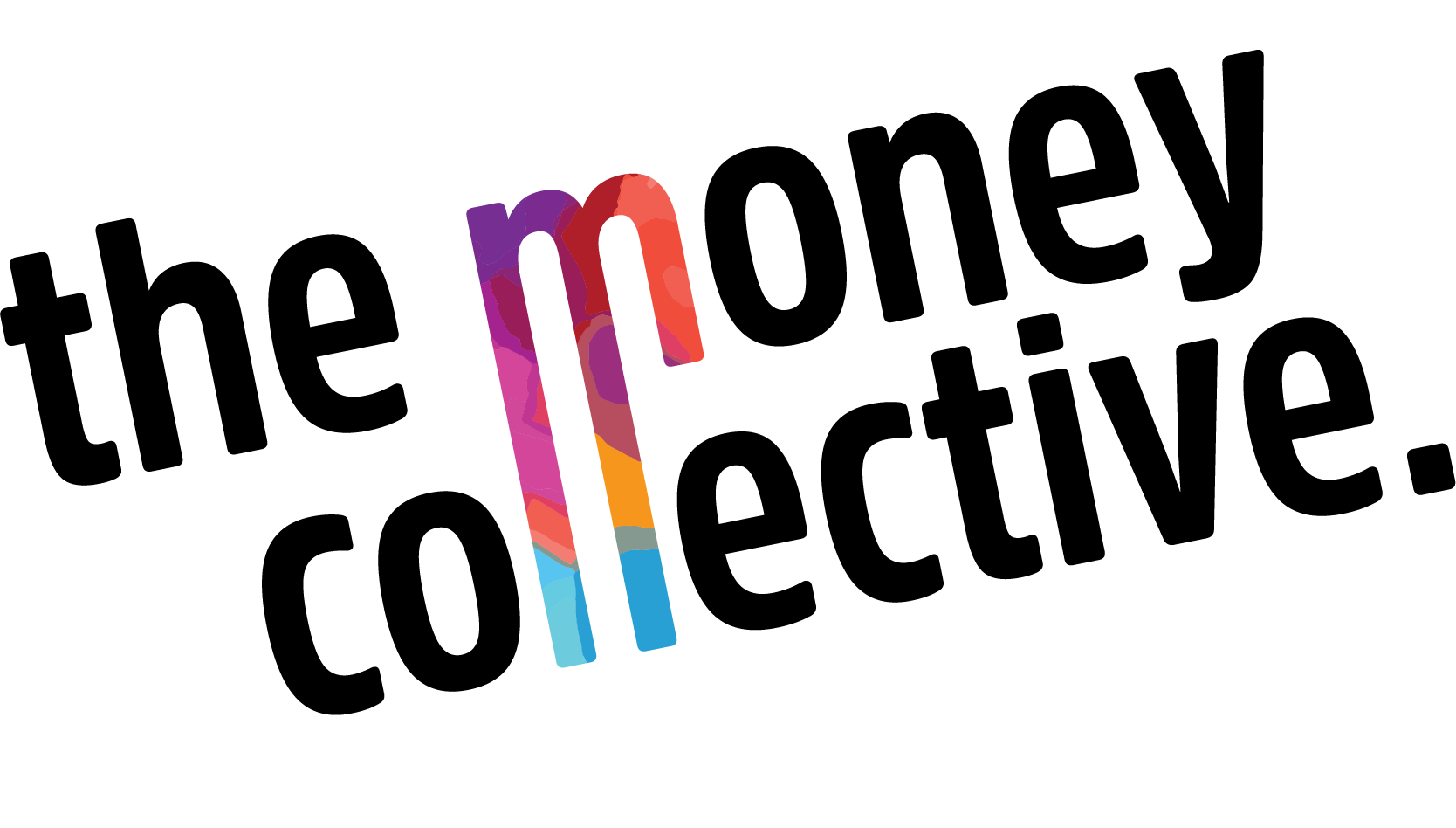Neurodiversity and Financial Wellbeing
Neurodiversity and Financial Wellbeing: Navigating Money with a Unique Mind
At The Money Collective, we know that financial wellbeing isn’t just about numbers on a spreadsheet—it’s about feeling secure today, optimistic about tomorrow, and confident in the choices we make. But for neurodivergent individuals—whether navigating ADHD, autism, dyslexia, or other cognitive differences—traditional financial strategies may not always fit. Financial wellbeing is deeply personal, and the key is tailoring money management techniques to suit how your brain works.
Understanding Your Financial Wellbeing
Financial wellbeing is the ability to afford today, feel secure about the future, and have the confidence to make financial choices that align with your life goals. It starts with:
Knowing your cost of living: How much does life cost you? Being clear on this is the foundation of financial stability.
Using any surplus to create choice: Whether it’s saving, investing, or paying down debt, the way you use your extra funds defines your future options.
Building capability and resilience: Understanding your income, expenses, debts, and assets gives you control.
For neurodivergent individuals, financial wellbeing can come with additional challenges—impulsivity, decision fatigue, executive dysfunction, or difficulty sticking to long-term plans. The good news? With the right strategies, financial wellbeing can be within reach.
Strategies for Financial Wellbeing with Neurodiversity in Mind
1. Automate Everything Possible
Executive function challenges can make remembering bills, savings, and budgeting overwhelming. Automate payments for rent, utilities, and debt repayments so they’re taken care of without mental effort. Set up automatic transfers for savings and investments, ensuring progress toward financial goals without requiring constant monitoring.
2. Simplify Your Financial Life
Minimise decision fatigue and set up a banking system. Keeping a straightforward system reduces cognitive load and makes it easier to stay on top of finances.
3. Use Visual and Interactive Tools
If tracking money in a spreadsheet doesn’t work for you, use apps that provide a visual breakdown of spending. Neurodivergent-friendly tools like YNAB or Pocketbook can help make money management more intuitive. Colour-coded categories, graphs, and alerts can help reinforce positive money habits in a way that aligns with how you process information.
4. Create a Routine Around Money
Set a specific day and time each week to check your finances. A “money date” can make it easier to maintain financial awareness without feeling overwhelmed. Pairing this routine with a rewarding activity—such as enjoying a coffee or listening to music—can help reinforce the habit and make financial check-ins feel less like a chore. If you can have a money buddy to do it together this is more enjoyable
5. Plan for Impulsivity
If impulse spending is a challenge, create barriers between you and your money. Use a separate savings account with restricted access or a ‘cooling-off’ rule before making significant purchases. Giving yourself a 24-hour buffer before buying can reduce impulsive spending. Additionally, using prepaid cards or budgeting apps with spending limits can help regulate discretionary expenses.
6. Know Your Triggers and Strengths
Recognising patterns in your financial behaviour can help you develop self-awareness. Are you more prone to overspending in certain emotional states? Do you hyperfocus on financial tasks and then neglect them for weeks? Understanding these tendencies allows you to work with them rather than against them. Creating systems that align with your strengths—such as gamifying savings or using reminder apps—can help keep finances on track.
7. Build a Supportive Financial Network
Whether it’s a trusted friend, financial coach, or online community, having a support system can provide accountability and help you stay on track. Many neurodivergent individuals benefit from external structure and reinforcement. Engaging in money conversations with peers who understand your challenges can also offer new perspectives and strategies tailored to your needs.
8. Maintain Career Stability with a Plan
Job changes, workplace stress, and burnout can be common for neurodivergent individuals. A career plan—outlining goals, potential challenges, and financial implications—can help maintain stability and ensure financial wellbeing. Setting clear milestones, identifying workplace accommodations, and seeking mentorship can provide long-term career sustainability and financial security.
The Path to Financial Security
Financial wellbeing isn’t about achieving perfection; it’s about creating a system that works for you. With the right tools, habits, and support, neurodivergent individuals can build financial resilience and security in a way that suits their unique strengths.
At The Money Collective, we believe that financial wellbeing should be accessible to everyone, regardless of how their brain works. By understanding your financial behaviours and setting up systems to support them, you can take charge of your financial future with confidence.
Go further
Listen to our podcast episode on ADHD & Money interviewing Guest Kelly Bracegirdle, or read the blog on ADHD & Money next.
This article provides general advice only. It does not take into account your objectives, financial situation or needs. Before acting on any information provided, you should consider the appropriateness of the information and the nature of the financial product in regards to your objectives, financial situation and needs. We recommend discussing your personal situation with a financial professional.
Blog article by:
DARLENE NEU
Co-Founder, Financial Wellbeing Coach and Mortgage Broker
The Money Collective


